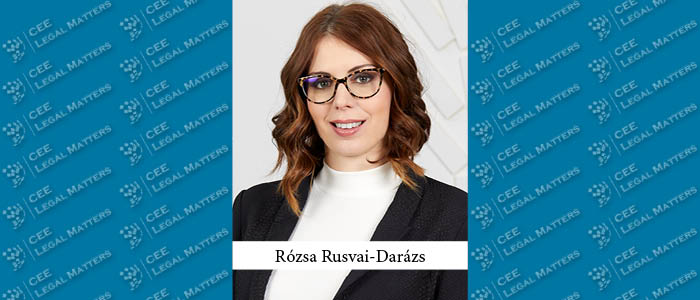Following the year-end legislative news, several changes affecting so-called "green taxes" came into force at the beginning of 2025. The most significant of these is the effective abolition of the dual obligations of the Extended Producer Responsibility (EPR) and the Environmental Product Charges (EPC), except for plastic carrier bags, and the introduction of the EPR penalty rates that have been expected since the introduction of the EPR. At the same time, there are also many changes to the EPR rules.
The amendment aims to reduce the double administrative burden for the obligated parties.
From 1 January 2025, the dual obligation of the EPR and the Environmental Product Charge (EPC) on the packaging, electrical and electronic equipment, batteries, tyres, office stationery, and promotional paper will be abolished. Since the introduction of the EPR, the product charge obligation for these product streams consisted only of administrative tasks and did not constitute a payment obligation, as the introduction of the EPR made the amount of the EPR charge for the relevant product or material stream deductible from the product charge. Although the amendment has not brought any significant financial benefits to companies, it has nevertheless relieved the businesses concerned of a significant administrative burden.
An important change is that from 1 January 2025, plastic carrier bags will be included in the product stream of other plastic products and will remain subject to the product charge as a single product subject to the EPR. A change from the draft was made to the level of the product charge payable on plastic carrier bags, with the deduction of the EPR charge from the product charge as the only product still covered by both pieces of legislation.
Significant uncertainty for businesses has been removed by the definition of the penalty rates for non-compliance with the EPR obligation in the Government Decree on Waste Management Fines, which will enter into force on 1 April 2025.
By Rozsa Rusvai-Darazs, Attorney at law, KCG Partners Law Firm




